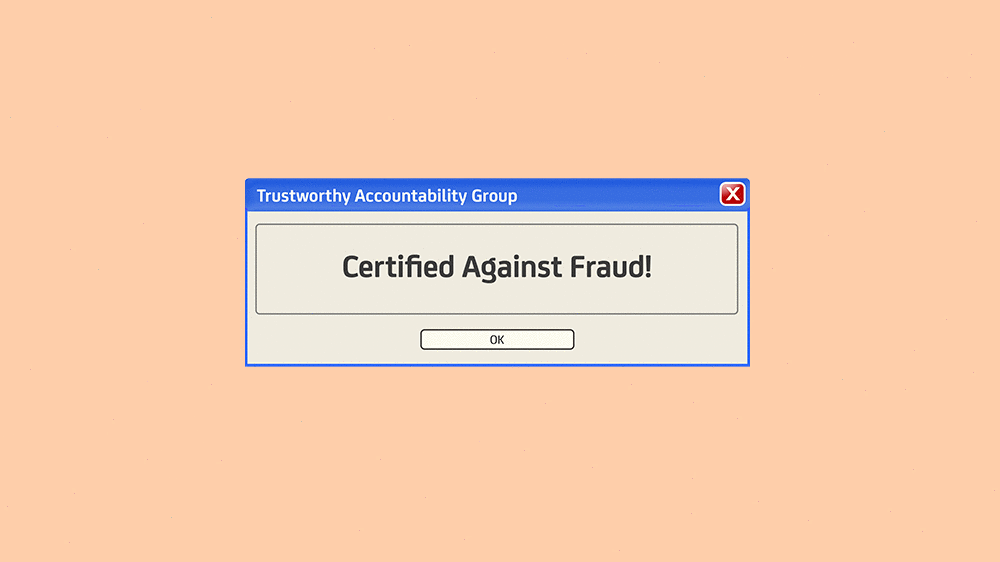The Trustworthy Accountability Group (TAG) white lists companies as legitimate sources for digital ad impressions, and business for this certification is booming.
Why? Because marketers lose around $7.2 billion per year to ad fraud, piracy and malware—and they’ve had enough.
Founded by the ANA, 4A’s and IAB, TAG offers marketers a way of verifying companies as legitimate members of the digital advertising industry. After a proprietary background check and review process powered by Dun & Bradstreet and subsequent approval by TAG, companies can be verified by name or by their unique, persistent TAG-IDs in a database.
The process is tedious and expensive—with an annual fee of $10,000—but the initiative is designed to promote transparency while hitting criminals where they hurt the most—their money.
“We obviously need to get a step ahead of the criminals—and then try to remain a step or two ahead,” TAG CEO Mike Zaneis told Ad Exchanger. “But there will always be dark corners of the ecosystem where unscrupulous actors will continue to operate. The key is making sure that the smart money doesn’t go there.”
A program called Methbot, for example, siphons between $3-to-$5 million in video ad revenue from premium publishers every day by posing as sites like ESPN, Vogue and Fortune. Once marketers pay for ads, the bot creates fake impressions and hikes up the price of CPMs.
“We can’t deal with this shit anymore,” IAB president and CEO Randall Rothenberg told Ad Age. “This is serious.” Beginning next June, IAB is requiring all its members to be TAG registered.
TAG announced that more than 350 companies have applied for TAG Registration, an increase of more than 75 percent in the last three months. Applicants represent 26 countries on six continents, the group said in a blog post on Monday. The growth has been so great, in fact, that the company has taken on new hires, including Michael Hahn as general counsel—who was recently brought on by IAB in the same role.
The sudden increase in TAG registration displays a united front against ad fraud, but also a response to pressure from IAB and Proctor & Gamble.
P&G, who spent $7.2 billion on advertising last year, drew a line in the sand this past January when its chief brand officer, Marc Pritchard, announced it would no longer buy media from companies who aren’t TAG registered.
“We’ve been giving a pass to the new media in the spirit of learning,” Pritchard said during the IAB’s annual leadership meeting. “We’ve come to our senses. We realize there is no sustainable advantage in a complicated, nontransparent, inefficient and fraudulent media supply chain.”

